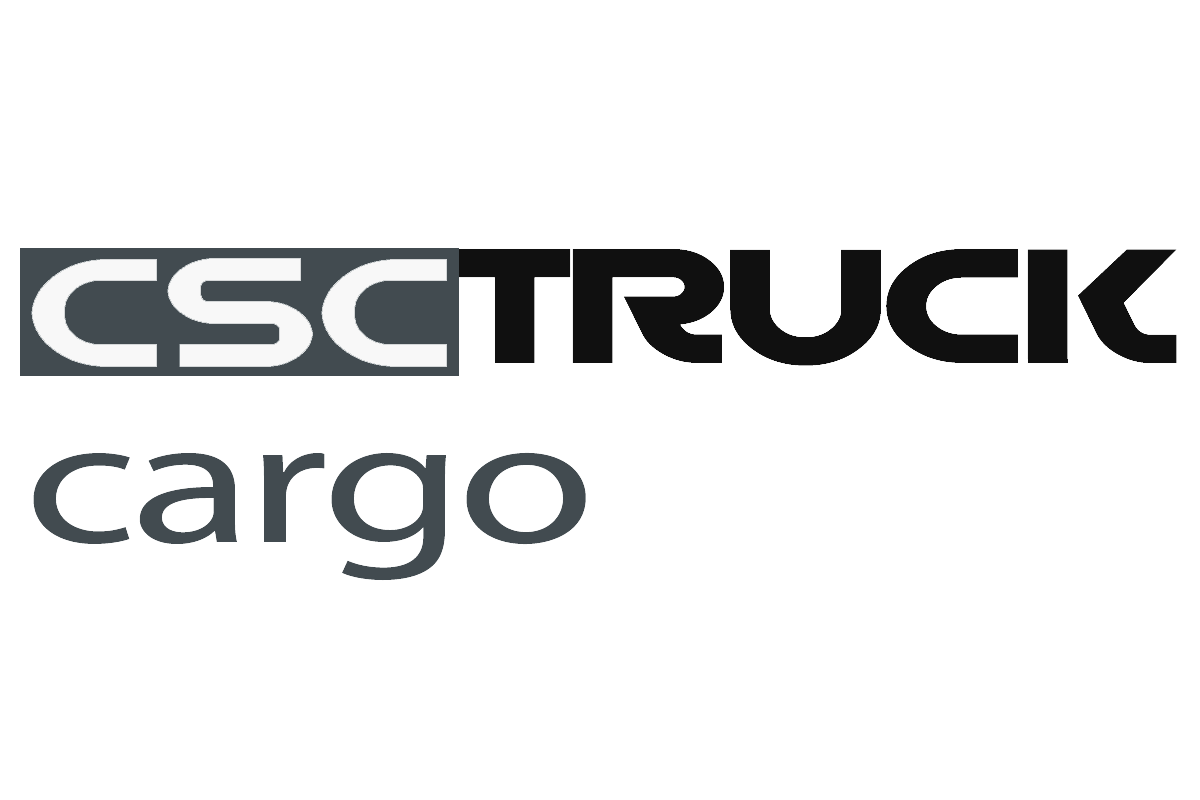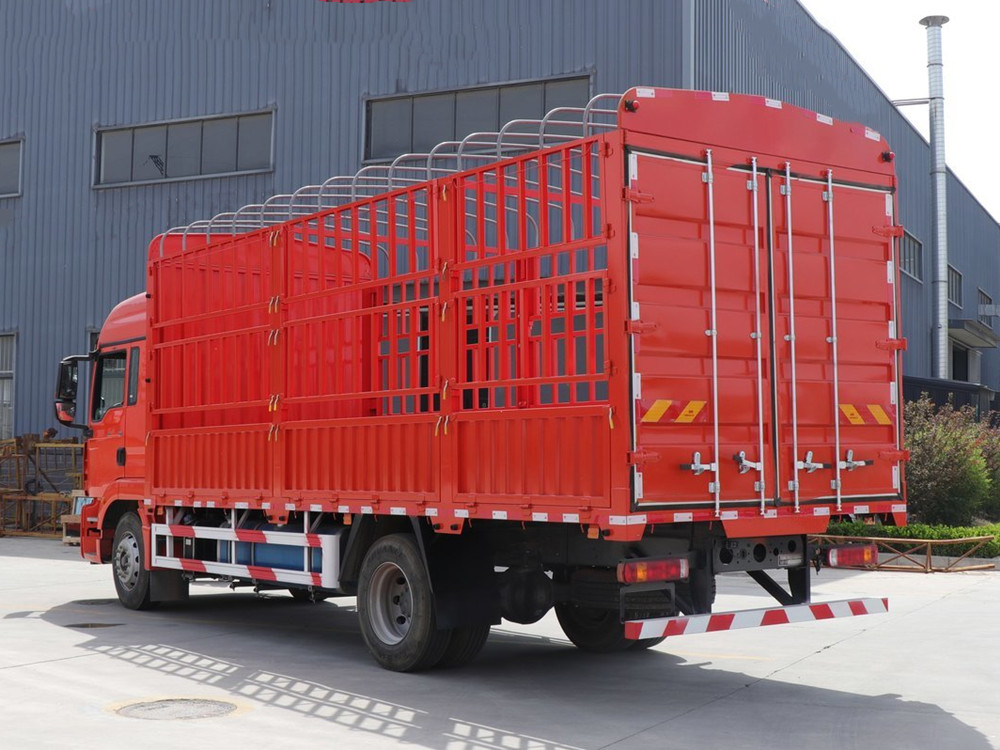In a significant step toward enhancing its agricultural and logistics capabilities, Bonaire has recently taken delivery of a fleet of advanced livestock trucks, designed to provide safe and efficient transport for animals across the island. These specialized vehicles, known for their robust construction and animal-friendly features, are set to revolutionize the way livestock is transported, offering farmers and ranchers a reliable solution for their transportation needs.
This delivery marks a pivotal moment in Bonaire’s efforts to modernize its agricultural infrastructure. With the growing demand for secure and humane animal transport, the introduction of these livestock trucks is poised to address key challenges, ensuring that livestock can be moved safely and efficiently across the island.
Part 1: The Importance of Livestock Trucks in Agriculture
The arrival of the livestock trucks represents a major upgrade for Bonaire’s agricultural sector. These vehicles are specifically designed to transport animals such as cattle, sheep, goats, and poultry, ensuring their safety and well-being during transit. Unlike standard cargo trucks or dry van trucks, which are not equipped to handle live animals, livestock trucks feature specialized compartments, ventilation systems, and non-slip flooring to create a comfortable and secure environment for livestock.
One of the standout features of the livestock trucks is their ability to accommodate different types of animals in separate compartments. This ensures that animals are not overcrowded and reduces the risk of injury or stress during transport. Additionally, the trucks are equipped with water and feeding systems, allowing animals to stay hydrated and nourished during long journeys.
For farmers and ranchers in Bonaire, the introduction of these livestock trucks is a game-changer. By providing a safe and efficient way to transport animals, these vehicles help improve productivity, reduce losses, and support the island’s agricultural economy.
Part 2: Addressing Bonaire’s Agricultural Transport Challenges
Bonaire, like many islands, faces unique challenges in its agricultural and transportation systems. Limited infrastructure, geographic isolation, and the need to transport livestock across varying terrains make animal transport a complex task. The introduction of the livestock trucks is a timely and effective response to these challenges, offering a reliable and humane solution for farmers and ranchers.
The livestock trucks are particularly well-suited to Bonaire’s diverse agricultural needs. Their robust construction and all-terrain capabilities ensure that they can navigate the island’s rugged landscapes, from rocky hillsides to sandy coastal areas. This versatility is especially important for farmers who need to move livestock between pastures, markets, or processing facilities.
In addition to their practical design, the livestock trucks are equipped with advanced safety features, such as secure gates, reinforced walls, and emergency exits. These features provide an extra layer of protection for both animals and drivers, ensuring that transport operations are conducted safely and efficiently.
While a standard cargo truck or dry van truck may be suitable for transporting goods, they lack the specialized features needed to handle live animals. By investing in livestock trucks, Bonaire is taking a proactive approach to addressing its agricultural transport challenges and supporting the island’s farming community.
Part 3: Key Features and Benefits of the Livestock Trucks
The livestock trucks delivered to Bonaire are not only technologically advanced but also designed with animal welfare and operational efficiency in mind. Below are some of the standout features and the benefits they bring to the island’s agricultural sector.
1. Animal-Friendly Compartments
The livestock trucks feature specially designed compartments that provide ample space and ventilation for animals. These compartments are equipped with non-slip flooring and padded walls to ensure the safety and comfort of livestock during transit.
2. Ventilation and Climate Control
Proper ventilation is critical for maintaining the health and well-being of animals during transport. The livestock trucks are equipped with advanced ventilation systems that ensure a constant flow of fresh air, preventing overheating and reducing stress.
3. Water and Feeding Systems
To support the needs of animals during long journeys, the livestock trucks are equipped with water and feeding systems. These features allow animals to stay hydrated and nourished, ensuring their health and well-being throughout the trip.
4. Robust Construction and Safety Features
Built with durable materials and reinforced structures, the livestock trucks are designed to withstand the rigors of daily use in Bonaire’s diverse terrains. Their advanced safety features, such as secure gates and emergency exits, provide additional protection for both animals and drivers.
5. Versatility for Different Livestock Types
The livestock trucks can be customized to accommodate various types of animals, from cattle and sheep to poultry and goats. This versatility ensures that farmers and ranchers can transport different livestock species safely and efficiently.
The delivery of the livestock trucks to Bonaire marks a transformative moment in the island’s agricultural sector. By providing a safe, efficient, and humane solution for animal transport, these vehicles address the challenges of accessibility, reliability, and animal welfare, ensuring that farmers and ranchers can move their livestock with confidence. As the livestock trucks begin their operations across the island, the benefits of enhanced productivity, reduced losses, and improved animal welfare will be felt far and wide, paving the way for a more robust and sustainable agricultural industry in Bonaire.

